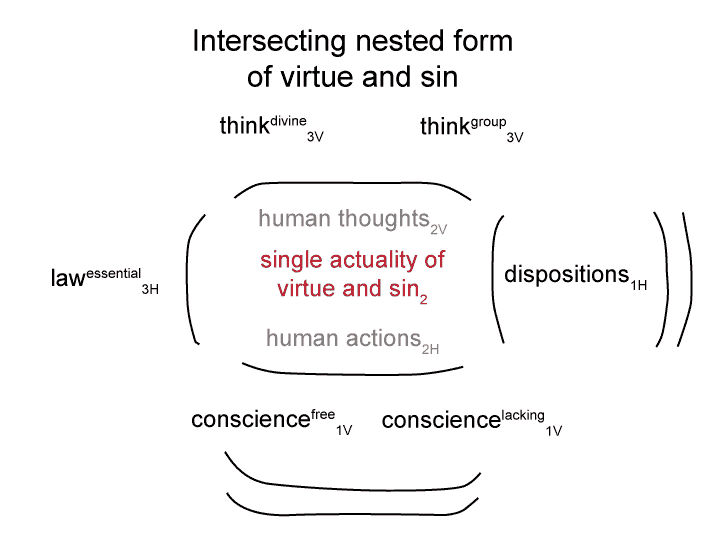Man and Sin by Piet Schoonenberg (1964) 2.2 DW-2
[For example, let us say that an administrator conveys a false sense of ‘victimhood’ onto someone in order to ‘save the victim’ through sovereign power.
The rescued victim may find that the administrator is using “him” to validate the administrator’s exercise of disciplinary power.
The administrator’s limited good is self-serving.
The opportunity to exhibit how I am more righteous than others offers just as much a temptation for some as alcohol offers for others.]

